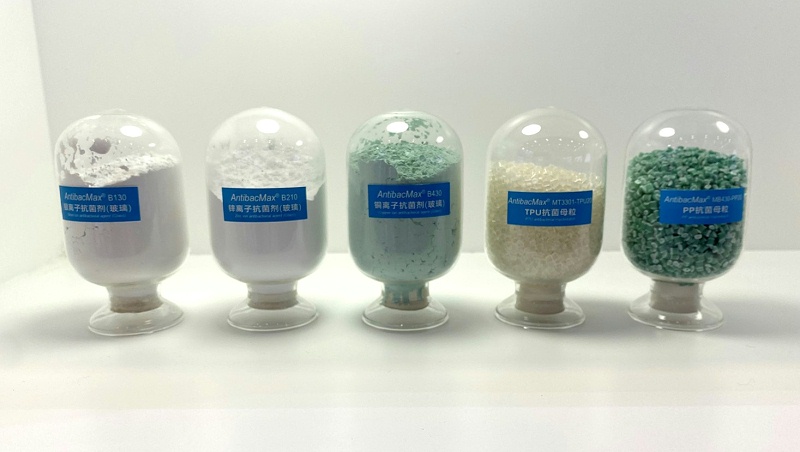Definition of antimicrobial agent
Broadly speaking, antimicrobial agents are substances that kill or inhibit the growth and development of microorganisms and pathogenic organisms.
Antimicrobials can be natural or synthetic; they contain compounds or physical agents that interfere with the growth and reproduction of problematic and harmful organisms such as bacteria, fungi, viruses and parasites.
What are antimicrobial additives
Antimicrobial additives are additives with antimicrobial properties that are added during the manufacturing process to give the product the ability to kill microorganisms or inhibit the growth of microorganisms, which include bacteria, fungi, algae, etc.
How does the antimicrobial additive agent work?
By disrupting microorganisms at the cellular level, antimicrobials continuously inhibit their growth and reproduction on treated surfaces.
How do antimicrobial agents interfere with microbial growth?
Protein destruction
Antimicrobial technology attacks the proteins of microorganisms, leading to the failure of their basic functions
Cell rupture
Antimicrobial technology disrupts microbial membranes, leading to the loss of key nutrients
Oxidative damage and DNA destruction
Antibacterial technologies can cause elevated oxygen levels, which can severely damage the internal systems of microorganisms, interfere with their DNA, and ultimately prevent them from growing and reproducing.
Different types of antimicrobial additives
I. Inorganic antimicrobial additives
Mainly refers to silver, copper, zinc and other metals or their ions, using physical adsorption ion exchange method, attached to porous materials, using the antimicrobial ability of metal ions, through the slow-release effect to achieve the purpose of long-lasting antimicrobial effect.
Many metal ions, mercury, silver, cadmium, copper, zinc, etc. have strong antibacterial ability, but the use of safe non-toxic limited to silver, zinc and copper ions, and silver ions are much stronger than zinc, copper and other metal ions.
Inorganic antibacterial additives have good heat resistance, long effective antibacterial period, low toxicity, no drug resistance, high safety features.

Langyi’s inorganic antimicrobial additives
II. organic antimicrobial additives
Organic antimicrobial additives are mainly added to the plastic, by migrating to the plastic surface, to play a sustained bactericidal effect. However, organic antimicrobial agents, when applied to different varieties of plastics, need to consider their compatibility.
Organic antimicrobial additive has the characteristics of fast sterilization, strong sterilization ability, easy processing, good color stability, etc..
But organic antimicrobial additive’s heat resistance is poor (plastic processing temperature is easy to decomposition failure, and decomposition products may cause secondary pollution), easy to precipitate in the solvent environment, easy to produce resistance, decomposition products toxic, safety is not fully determined.
III. Natural antimicrobial additives
Natural antimicrobial additives are mainly from natural plant extracts, such as chitin, mustard, castor oil, wasabi, etc..They are easy to use but the antimicrobial effect is limited. They are also poor in heat resistance, low in bactericidal rate.

-300x210.jpg)
